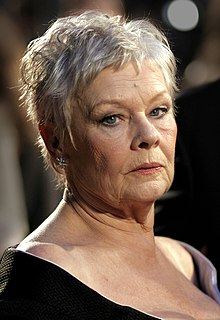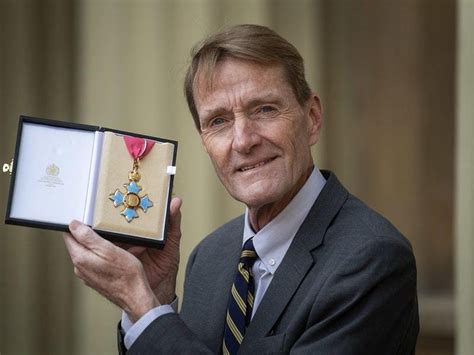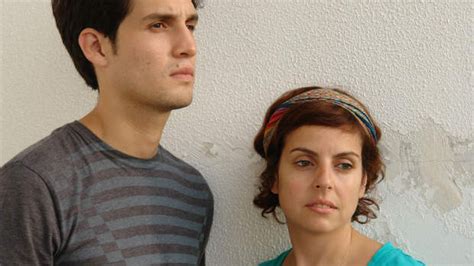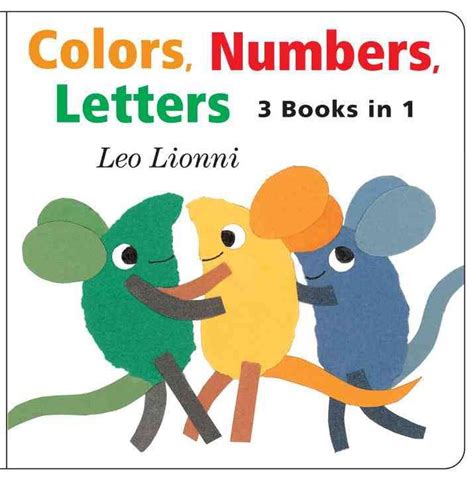A Quote by Steven Pinker
The fact that people can forget these simple truths when intellectualizing about children shows how far modern doctrines have taken us. They make it easy to think of children as lumps of putty to be shaped instead of partners in a human relationship.
Related Quotes
Amory Lovins says the primary design criteria he uses is the question How do we love all the children? Not just our children, not just the ones who look like us or who have resources, not just the human children but the young of birds and salmon and redwood trees. When we love all the children, when that love is truly sacred to us in the sense of being most important, then we have to take action in the world to enact that love. We are called to make the earth a place where all the children can thrive.
Being natural and matter-of-fact about nudity prevents your children from developing an attitude of shame or disgust about the human body. If parents are very secretive about their bodies and go to great lengths to prevent their children from ever seeing a buttock or breast, children will wonder what is so unusual, and even alarming, about human nudity.
There are different kinds of truths for different kinds of people. There are truths appropriate for children; truths that are appropriate for students; truths that are appropriate for educated adults; and truths that are appropriate for highly educated adults, and the notion that there should be one set of truths available to everyone is a modern democratic fallacy. It doesn't work.
We also knew we definitely wanted to infuse into the narrative the relation of women at different ages with motherhood, their relationship with their babies versus their partners', their overall "need" to have children, their fears and projections on their children, etc. All of this we put into a pot, if you will, and simmered for a while until we had what made sense to us.
People often ask me why my style is so simple. It is, in fact, deceptively simple, for no two sentences are alike. It is clarity that I am striving to attain, not simplicity. Of course, some people want literature to be difficult and there are writers who like to make their readers toil and sweat. They hope to be taken more seriously that way. I have always tried to achieve a prose that is easy and conversational. And those who think this is simple should try it for themselves.
Dear Brothers and Sisters, Never resort to war! Never war! Above all, I think of all the children who are robbed of their hope for a better life and a decent future. Killed children, wounded children, mutilated children, orphans, children who play with remnants of war, instead of toys. Children who don't know how to smile. Please stop! I ask you with all my heart. It's time to stop. Stop it please!
There was no name for the disease; his body had gone insane, forgotten the blueprint by which human beings were built. Even now the disease still lives on in his children. Not in our bodies, but in our souls. We exist where normal human children are expected to be; we're even shaped the same. But each of us in our own way has been replaced by an imitation child, shaped out of a twisted, fetid, lipidous goiter that grew out of Father's soul.
The only acceptable way to solve ecological problems is if you can persuade people to have fewer children. In the Victorian times, there were families of 15 children. Someone like Edward Lear, he was the last of 21 children. And so what we have to think about is offering people the alternative choice. And in the West, that's what's happening. The birth rate has been dropping steadily and still is. I'm wanting human beings to be better off so they don't view children as an insurance for the future.
I believe that a good children's book should appeal to all people who have not completely lost their original joy and wonder in life. The fact is that I don't make books for children at all. I make them for that part of us, of myself and of my friends, which has never changed, which is still a child.
Children are tough, though we tend to think of them as fragile. They have to be tough. Childhood is not easy. We sentimentalize children, but they know what's real and what's not. They understand metaphor and symbol. If children are different from us, they are more spontaneous. Grown-up lives have become overlaid with dross.
I think that it's not enough to do the little Band-Aid things of having celebrities come and read to children. Not that we don't need to read to children, but we don't need to just do it one time and feel good about it. I think we need to think long range about poor people and their relationship to libraries.





































